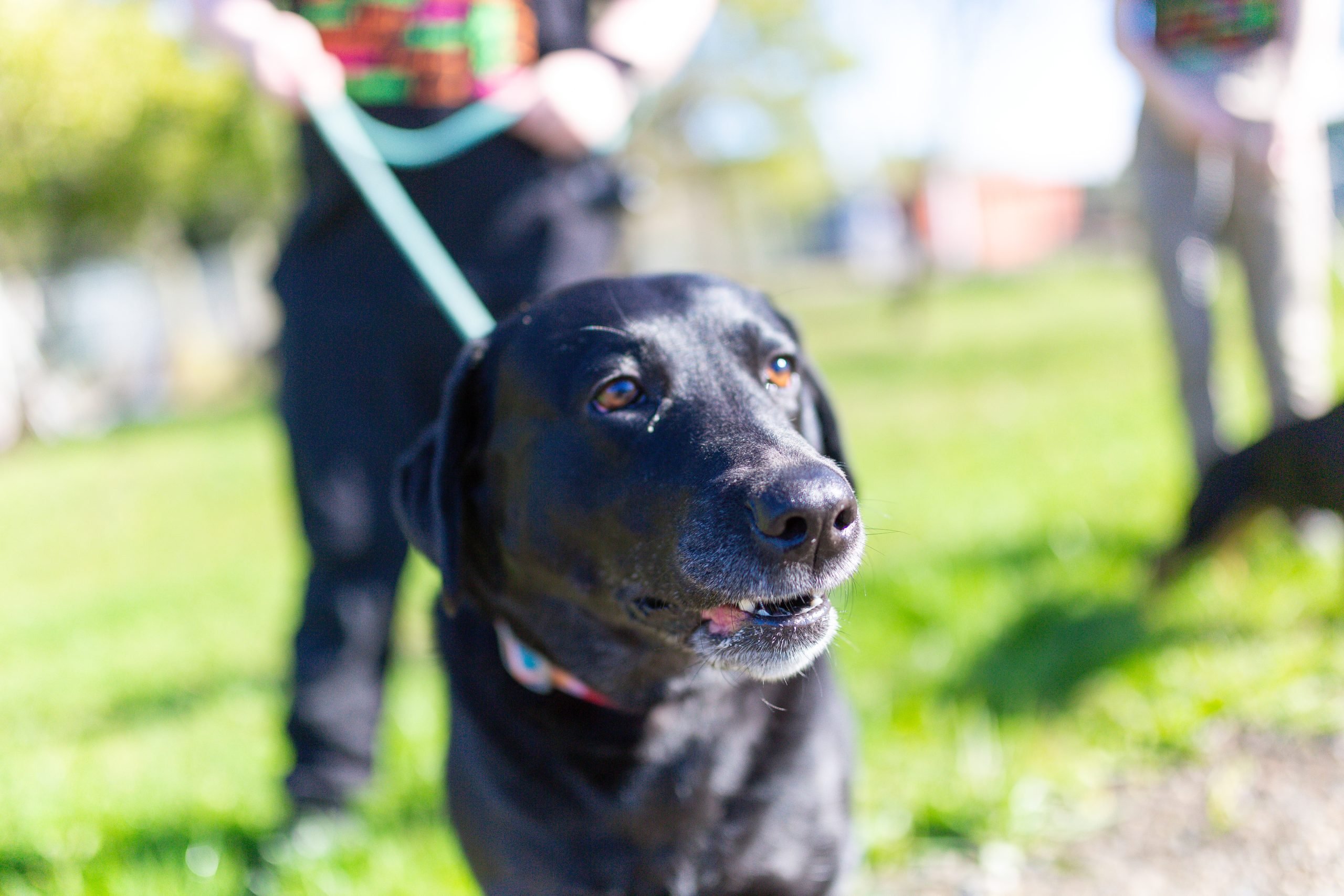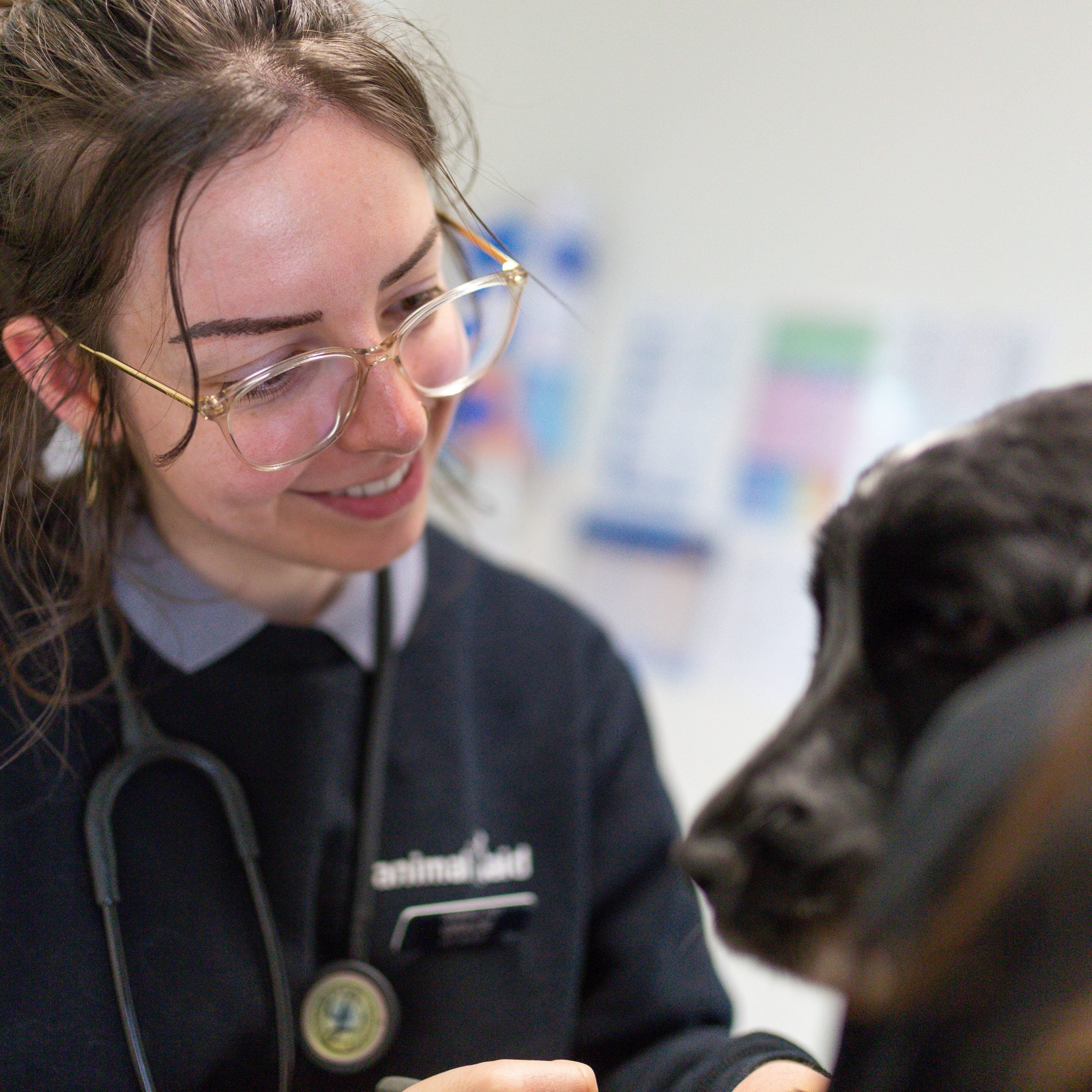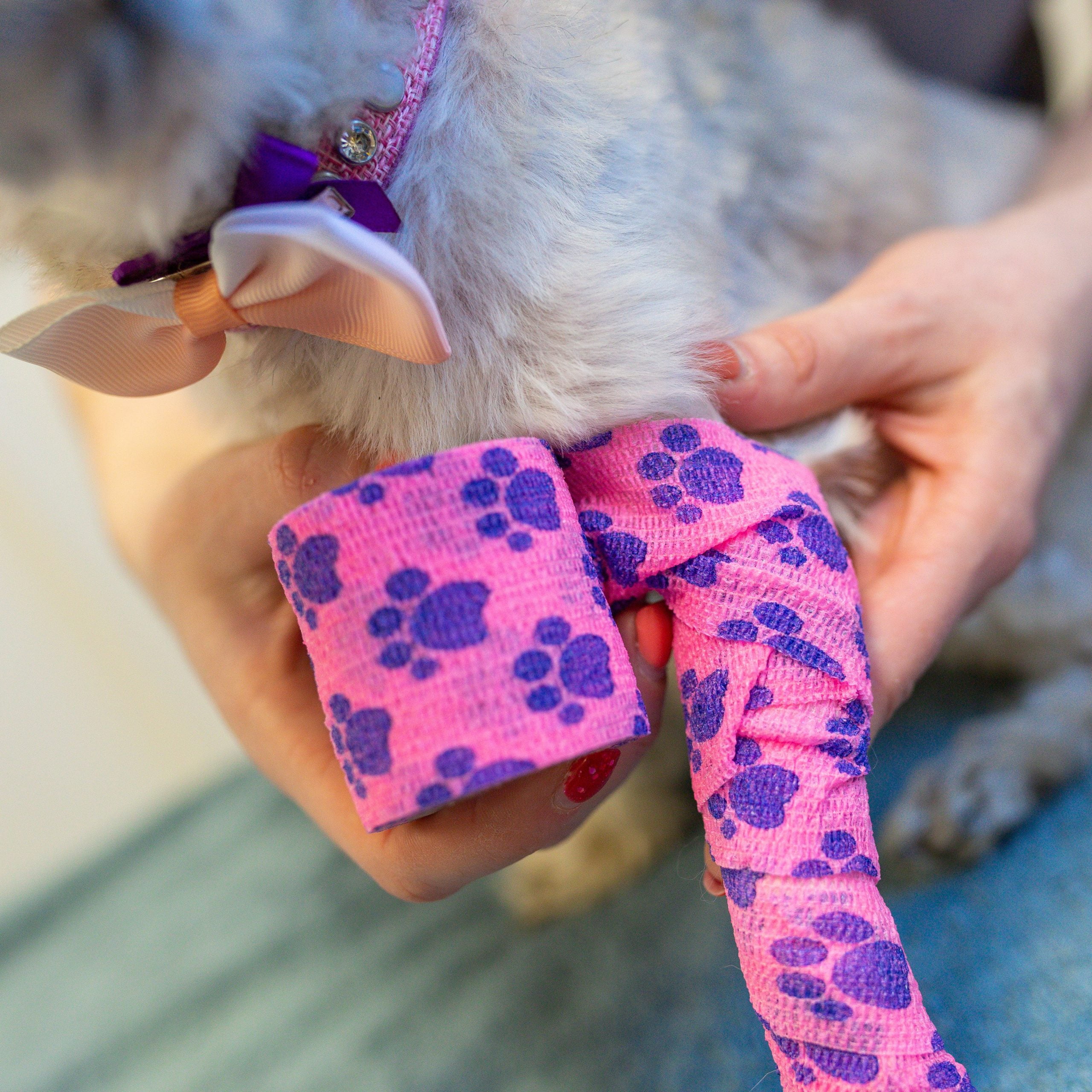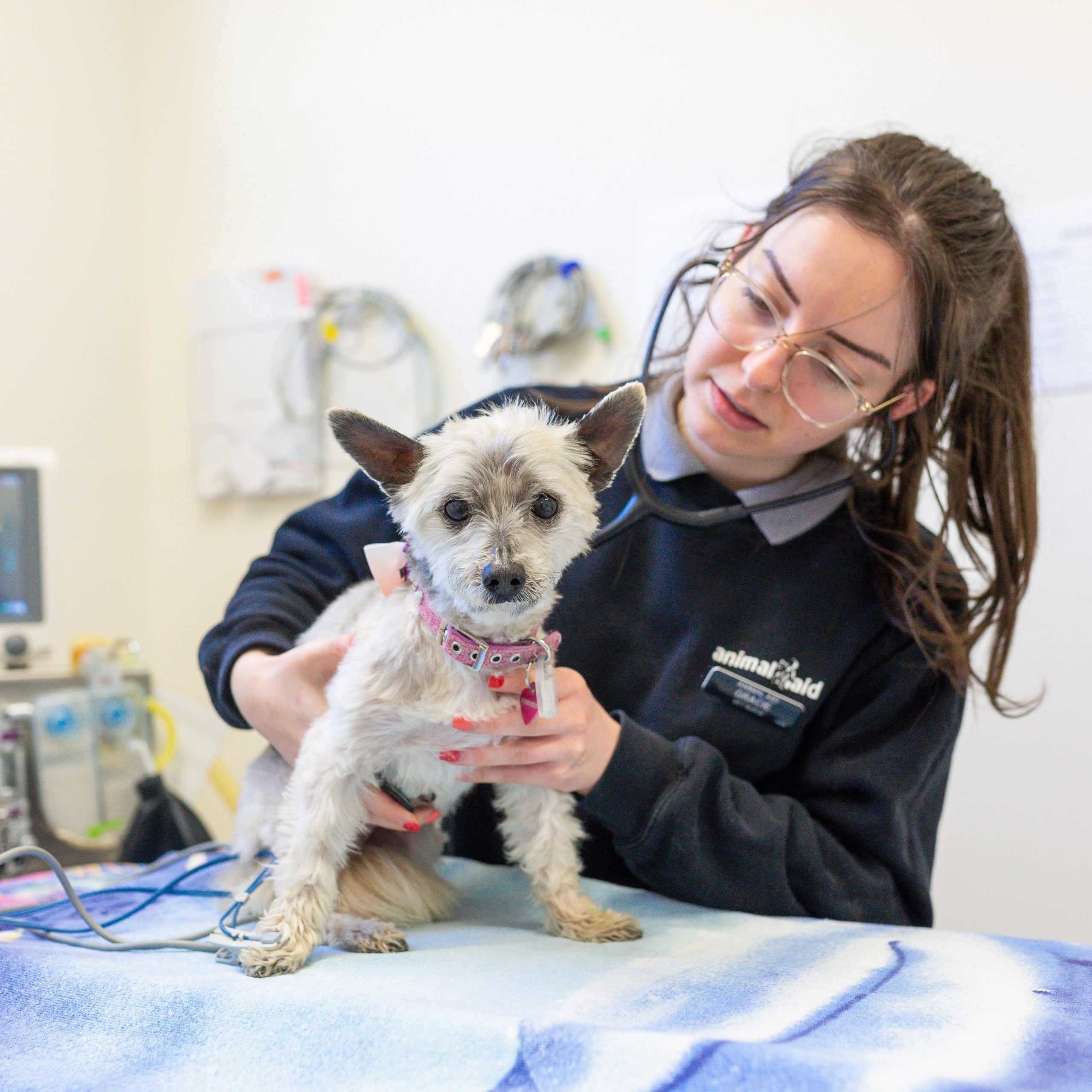
As the Christmas season winds down, we all enjoy using up the leftover festive food!
While these foods are a nice indulgence for us they are not so good for our pets.
“Fatty, high calorie food, such as the fatty part of the Christmas ham, can pose a dangerous risk to our pets by potentially triggering the serious condition of pancreatitis,” says Animal Aid Vet Nurse Melissa McKay.
“Dogs can only tolerate very small amounts of fat and by over treating them with high fat foods it can lead to inflammation of the pancreas and pancreatitis.”
Pancreatitis is an extremely painful condition and signs of pancreatitis in dogs can include:
- Poor appetite
- Vomiting
- Diarrhoea
- Depression
- Lethargy
“Unfortunately there is no easy cure for pancreatitis and treatment is supportive only,” says Melissa.
“It often involves the dog being admitted to hospital for intravenous fluid therapy and pain relief while we allow the pancreas to improve on its own with time and rest.”
The aim with pancreatitis is to try to encourage dogs to eat as soon as they can (without vomiting) with bland, low fat foods, such as boiled chicken and rice, in small quantities. Once the patient is eating and is more stable they can be discharged and this bland, low fat diet continued at home for a few days to weeks.
“Some dogs can also develop a predisposition to pancreatitis and need to stay on a low fat diet long term to prevent any flare ups in their future,” says Melissa, “If you are concerned about your pet’s health, please call our veterinary clinic. We have an excellent team of vets and veterinary nurses in our state-of-the-art facility who would be more than happy to give advice and see your pet during the Christmas season.”
While pancreatitis is a condition that can affect any dog at any time of the year it is something to be particularly aware of around Christmas time.
Even though it is nice to treat the ones we love we need to be careful our love doesn’t cause them any problems, such as pancreatitis, this season.




